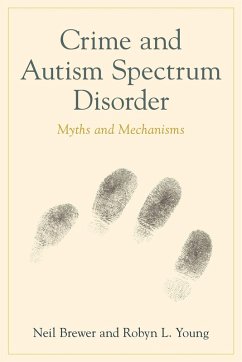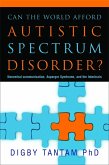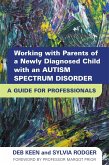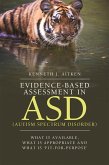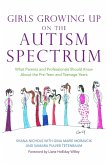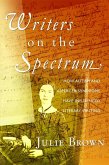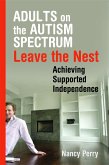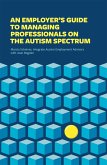Having Autism Spectrum Disorder (ASD) can - given certain situational conditions - make individuals more vulnerable to becoming caught up in criminal activity and vulnerable to unfavourable interactions once in the criminal justice system.
Guided by empirical research, psychological theory and illustrative case studies involving adults with ASD who have been implicated in crimes, Robyn L. Young and Neil Brewer explain why. They examine the pivotal cognitive, social and behavioural characteristics unique to ASD (such as weak Theory of Mind, restricted interests and acute sensory sensitivities) that - individually or in interaction - may contribute to individuals becoming involved in illegal activities. They then discuss how these same characteristics can result in ongoing ineffective interaction with the criminal justice system. Arguing that the forensic assessment of individuals with ASD requires substantial redevelopment to clarify the key deficits contributing to criminal behaviour, the authors highlight the need for, and desirable nature of, intervention programs to minimize the criminal vulnerability of adults with ASD and to prepare them for interactions with the criminal justice system. A final section raises some major unanswered questions and issues for future research.
This book will be of immeasurable interest to criminal justice professionals including probation officers, social workers, clinical and forensic psychologists, police officers, lawyers and judges, as well as students of these professions.
Guided by empirical research, psychological theory and illustrative case studies involving adults with ASD who have been implicated in crimes, Robyn L. Young and Neil Brewer explain why. They examine the pivotal cognitive, social and behavioural characteristics unique to ASD (such as weak Theory of Mind, restricted interests and acute sensory sensitivities) that - individually or in interaction - may contribute to individuals becoming involved in illegal activities. They then discuss how these same characteristics can result in ongoing ineffective interaction with the criminal justice system. Arguing that the forensic assessment of individuals with ASD requires substantial redevelopment to clarify the key deficits contributing to criminal behaviour, the authors highlight the need for, and desirable nature of, intervention programs to minimize the criminal vulnerability of adults with ASD and to prepare them for interactions with the criminal justice system. A final section raises some major unanswered questions and issues for future research.
This book will be of immeasurable interest to criminal justice professionals including probation officers, social workers, clinical and forensic psychologists, police officers, lawyers and judges, as well as students of these professions.
Dieser Download kann aus rechtlichen Gründen nur mit Rechnungsadresse in A, D ausgeliefert werden.

